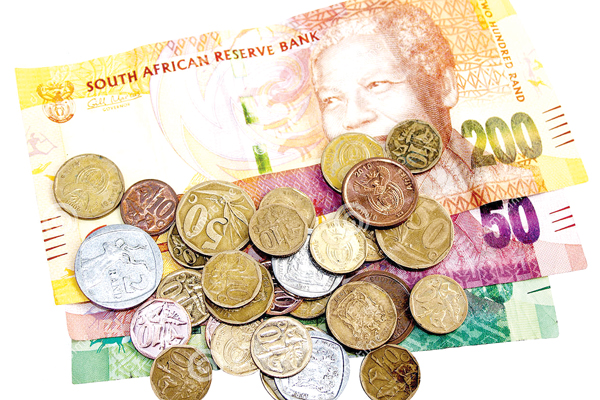
A UNITED Nations senior official says local manufacturers should take advantage of the strengthening of the United States dollar against the South African rand and import new machinery.
BY TATIRA ZWINOIRA
Local manufacturers are dogged by obsolete equipment that has pushed up the cost of production making local products uncompetitive.
But United Nations Economic Commission for Africa executive secretary Carlos Lopes said manufacturers should take advantage of the strengthening United States dollar and retool.
“The manufacturing sector can take advantage of the strong US$ to import equipment to replace obsolete machinery. This will revive manufacturing activities enabling them to absorb more labour as the manufacturing sector,” he said in emailed responses to NewsDay.
Lopes said one of the key polices for government was to address some of the key distortions presented by the strengthening of the United States dollar.
“On employment creation, the key policy issue in Zimbabwe is how to address economic distortions and dislocations induced by the strong United States dollar vis-à-vis the South African rand. Because of this, job-creation activities will even require greater efforts from the government,” he said.
- Chamisa under fire over US$120K donation
- Mavhunga puts DeMbare into Chibuku quarterfinals
- Pension funds bet on Cabora Bassa oilfields
- Councils defy govt fire tender directive
Keep Reading
Government is working on internal devaluation to boost the country’s competitiveness. Internal devaluation is an economic and social policy option, whose aim is to restore the international competitiveness of a country mainly by reducing its labour costs — either wages or the indirect costs of employers.
The use of the multi-currency regime since 2009 has created headaches for the economy, with monetary authorities moaning over the loss of its ability to manage the exchange rate for export competitiveness purposes.
Lopes said national non-bank financial development institutions need to be transformed to provide concessionary finance to the manufacturing sector.
The manufacturing sector has seen low levels of production due to the lack of capital investment ,as investment opportunities are uncompetitive. This has seen capacity utilisation dropping to 34,3% last year from 36,5% in 2014, spawning more job losses.
Under-employment remains one of the biggest representations of the ailing economy, with estimates pointing to over 95% under-employment. This means that of the entire labour force, the said percentage representing both the informal and formal sectors of those who are over qualified, but doing work meant for the under qualified.
Lopes said a more skilled labour could bring about better jobs and government can boost human capital to align it with skills that the industry needs including support to technical training institutions, and investing in science, technology, engineering and mathematics skills.
“An example is for the government to provide support to labour-intensive manufacturing — agro-industry to exploit value chains — cotton to cloth, vegetable oils from sunflower or groundnuts,” he said.
Leading economist, Prosper Chitambara said “most of our labour force is in the informal sector, where skilled people are doing menial jobs such as selling tomatoes and airtime. There needs to be a concerted effort to deal with under employment, which we estimate to be 95%”.












